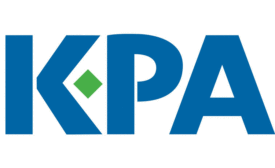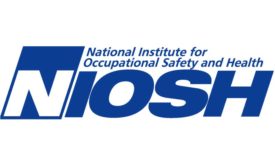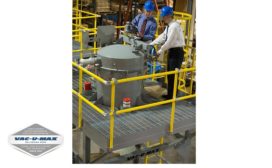Environmental Health and Safety
KPA named A Best Place to Work in 2020 by Built In Colorado
Built in Colorado also includes KPA among Best Paying Companies and Best Midsize Companies to Work For
January 14, 2020
Protecting the Plant from Catastrophic Combustible Dust Explosions
Industrial vacuums are the right tool for preventing secondary explosions
January 13, 2020
Become a Leader in Safety Culture
Build your knowledge with ISHN, covering key safety, health and industrial hygiene news, products, and trends.
JOIN TODAYCopyright ©2025. All Rights Reserved BNP Media.
Design, CMS, Hosting & Web Development :: ePublishing









